The social organization of a group is influenced by culture. While organizational strategy evolves with customer needs so the ability to innovate new products improve service delivery or penetrate a niche market evolves too.
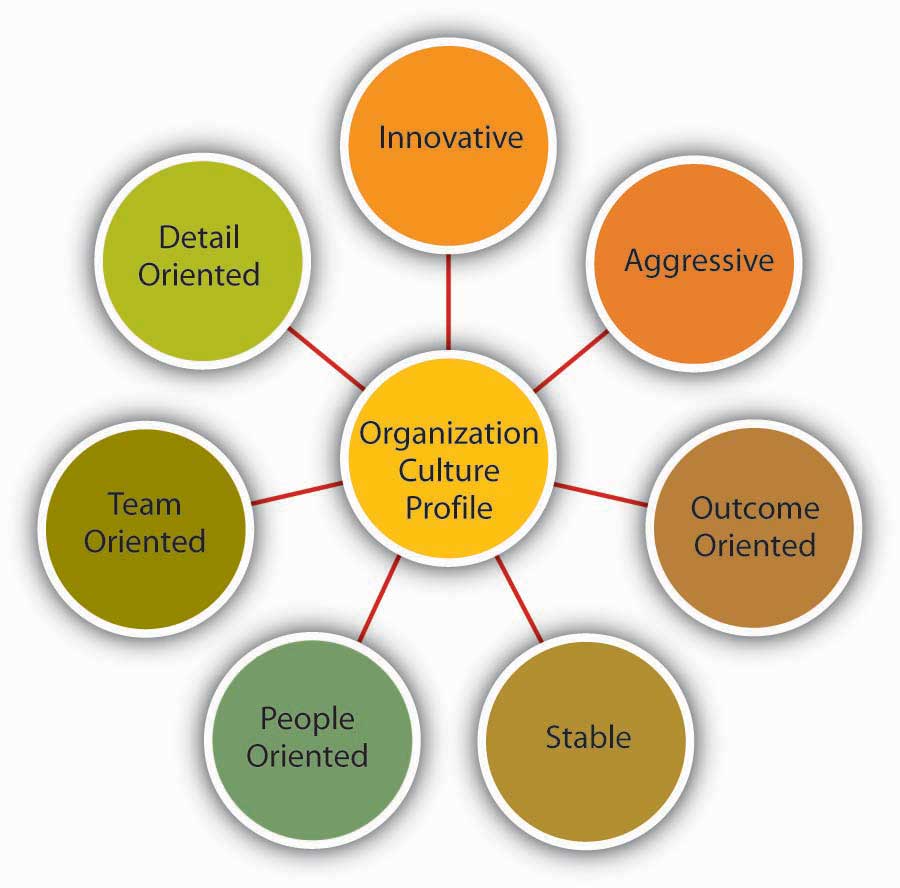 Measuring Organizational Culture
Measuring Organizational Culture
After all we now understand organizational cultures to be much more open and interactive with their surrounding environments responsive to expectations to be more socially and environmentally responsible for example and aligned with other aspects of employees experiences beyond the workplace5 Now might be an opportune time to actively notice when your organizations.

How does someone learn more about an organization's culture. There are other components as well such as organizational trust co-worker relationships meaningful work empowerment feedback recognition and growth. A learning culture is a collection of organizational conventions values practices and processes. All of these are examples of how someone can learn more about an organizations culture.
Here are five actions that HR teams can take to begin building a more ethical corporate culture. This network of relationships helps members of a group stay connected to one another in order to maintain a sense of community within a group. How does someone learn more about an organizations culture.
Lets agree that asking someone to. Together they can develop a more holistic view of what it means to shape more ethical organizational culture. Study the physical characteristics of the organization.
Since constant learning elevates an. How does someone learn more about an organizations culture. HR teams can lead the way on this journey working alongside boards and executive teams and colleagues across risk and compliance.
An organization with a learning culture encourages continuous learning and believes that systems influence each other. Interpret stories about the organization C. Observe how people interact within the organization D.
Key aspects of organizational learning theory are that learning happens when people interact while finding and solving problems. How does someone learn more about an organizations cultureÊ Selected Answer. The Cultural Detective Method begins by looking at a cultures core values as they are seen by the people in that culture and by people who have experienced the culture deeply.
Conclusion All organisations have different cultures but we all want to see learners who are switched on to learning and developing themselves throughout their careers. Which organizations culture is NOT a culture a project manager has to be able to operate in or interact with. Read about the organization B.
All of these are examples of how someone can learn more about an organizations culture 19. The theory of organizational learning focuses on the creation of knowledge and the use of that knowledge within an organization. How does someone learn more about an organizations culture.
This means that a learning culture is a strategic tool for organizational growth and advancement. Read about the organization Interpret stories about the organization Observe how people interact within the organization Study the physical characteristics of the organization All of these are examples of how someone can learn more about an organizations culture. All of these are examples of how someone can learn more about an organizations culture Answers.
How does someone learn more about an organizations culture. A Read about the organization B Interpret stories about the organization C Observe how people interact within the organization D Study the physical characteristics of the organization E All of these are examples of how someone can learn more about an organizations culture. Social organization refers to the network of relationships in a group and how they interconnect.
All of these are cultures a project manager has to be able to operate in or interact with. These conventions encourage employees and organizations to develop knowledge and competence. 12 How does someone learn more about an organizations culture.
A Study the physical characteristics of the organization b Read about the organization c Interpret stories about the organization d Observe how people interact within the organization e All of these are examples of how someone can learn more about an organizations culture. It is important to create or select the survey using the information collected during the culture walk and the culture interviews. Observe how people interact within the organization D.
Our people will be more responsive to learning opportunities they will see the benefits of their development and will be driven to achieve success in their roles and wider teams. Study the physical characteristics of the organization E. We encourage you to learn more about yourself and your core values via the Cultural Detective Self Discovery package.
But a learning culture rarely emerges on its own. Written surveys taken by people in the organization can also provide information about the organizational culture. Interpret stories about the organization C.
Read about the organization.
Which Type Of Organizational Culture Best Suits Your Employees Your Customers And Your Business Starmeup Blog
 Is Organization Structure More Important Than Company Culture
Is Organization Structure More Important Than Company Culture
 Pdf Organisational Culture Definitions And Trends
Pdf Organisational Culture Definitions And Trends
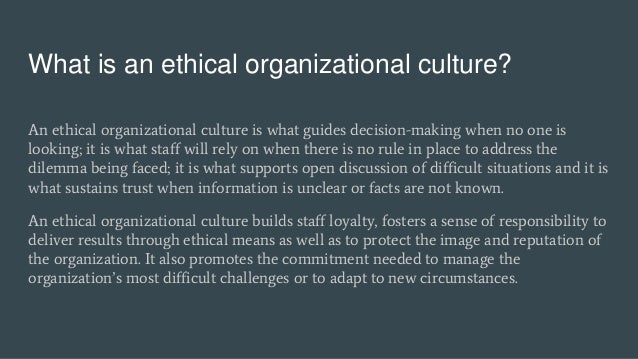 Organizational Culture How Employees Learn It And Material Symbols
Organizational Culture How Employees Learn It And Material Symbols
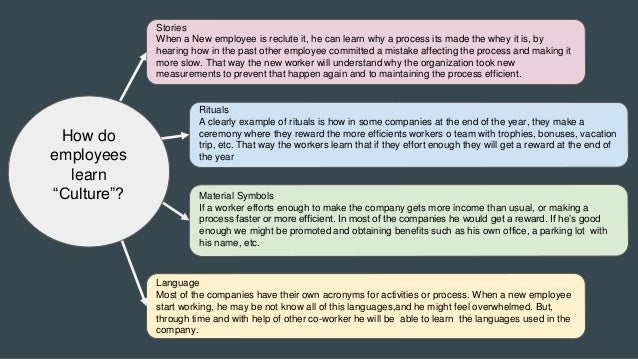 Organizational Culture How Employees Learn It And Material Symbols
Organizational Culture How Employees Learn It And Material Symbols
Learning Goals What Is Organizational Culture And What Are Its Components What General And Specific Types Can Be Used To Describe An Organization S Culture Ppt Video Online Download
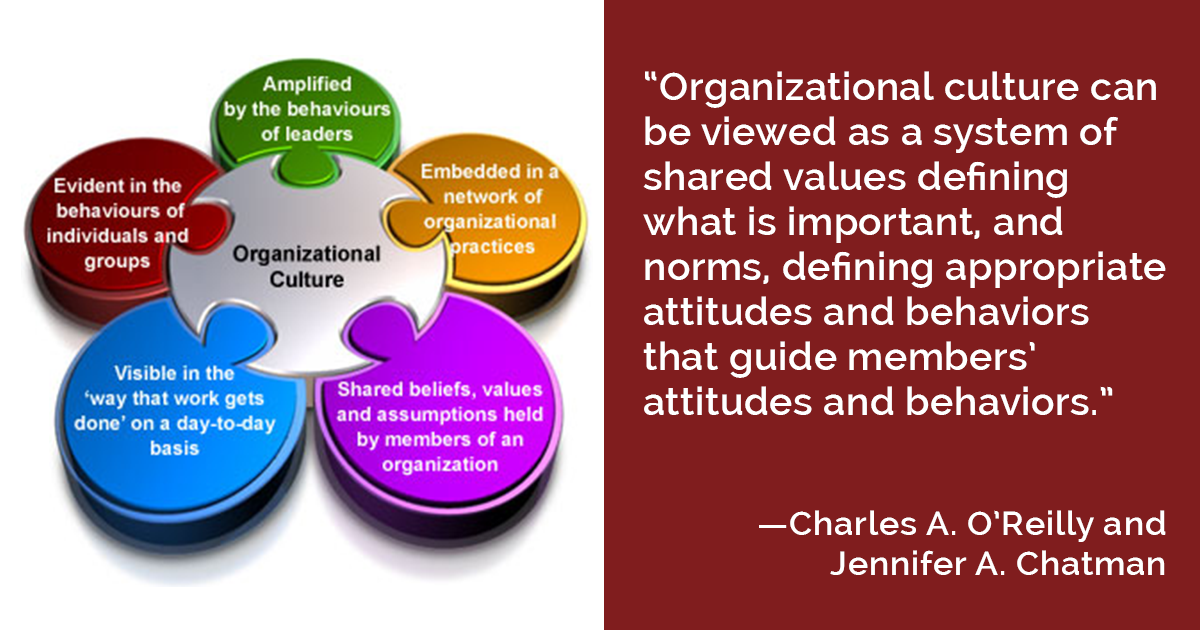 Why Your Organization S Culture Matters
Why Your Organization S Culture Matters
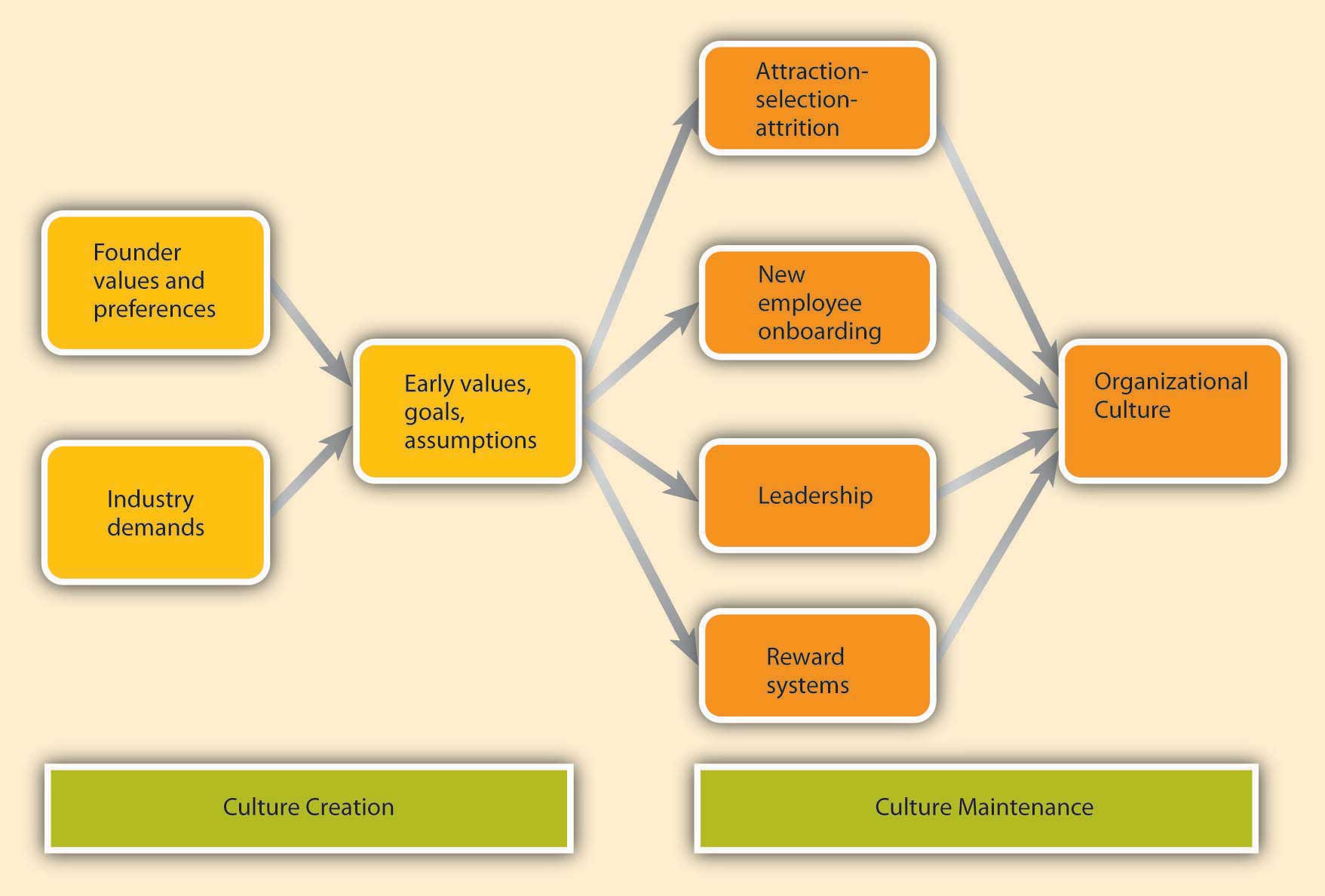 Creating And Maintaining Organizational Culture
Creating And Maintaining Organizational Culture
 Pdf Study On Organisational Culture And Its Impact On Business Operations And Quality In Ites Industry In Chennai
Pdf Study On Organisational Culture And Its Impact On Business Operations And Quality In Ites Industry In Chennai
 4 Reasons Why Your Organization Needs A Learning Culture Elearning Industry
4 Reasons Why Your Organization Needs A Learning Culture Elearning Industry
 How Does Organizational Culture Influence Organizational Learning In A Shipping Company Semantic Scholar
How Does Organizational Culture Influence Organizational Learning In A Shipping Company Semantic Scholar
 Corporate Culture Organizational Culture A Guidebook
Corporate Culture Organizational Culture A Guidebook
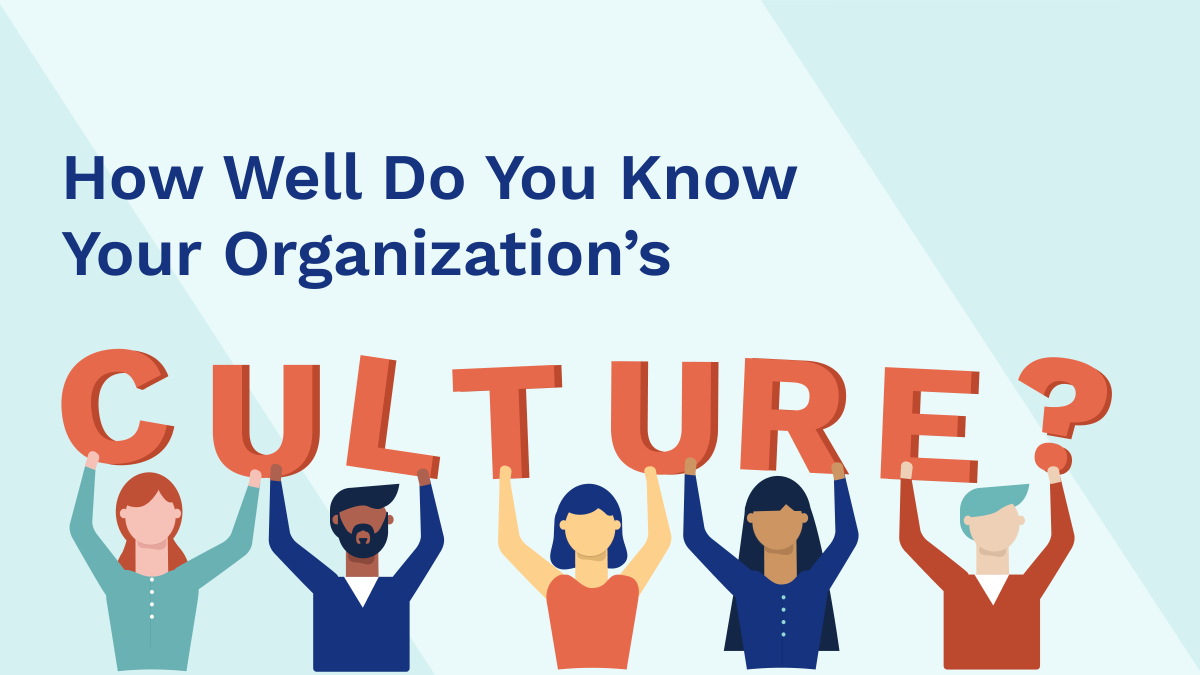
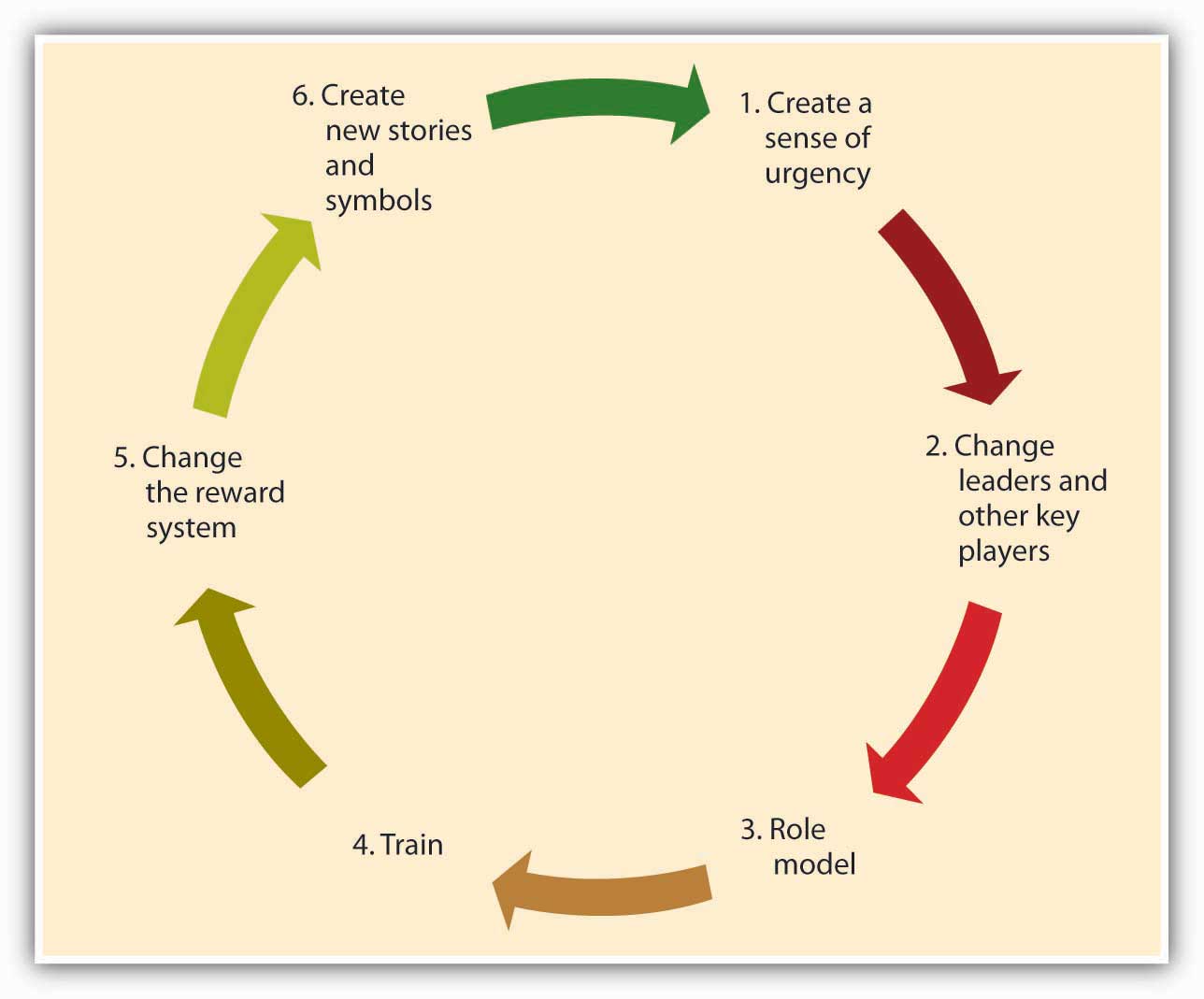


No comments:
Post a Comment
Note: Only a member of this blog may post a comment.